127 ☼ The Big Q&A Issue - All your questions answered.
GIVEAWAY: $150 gift certificate for the Moment shop
Dear friends,
For this week's letter, the first of the year 2024, I will answer a selection of the questions you sent via social media and Process comments, ranging from practical and technical to career path considerations.
Also in this issue, a continuation of the Process Giveaway with my friends at Moment who made available a $150 gift certificate to their online photography shop.
☀️ Shout out to my friends at Squarespace for helping make this issue possible ☀️
Housekeeping
As promised, I’ve started sharing photography history lessons recently:
Process Photo History Lesson #001 — The Photo-Secession movement that promoted photography as a fine art. Read about it on threads or notes.
Process Photo History Lesson #002 — Iwata Nakayama, the exciting Japanese Avant-Garde photographer. Read about him on threads or notes.
Process Photo History Lesson #003 — John Szarkowski, trail-blazing photographer, curator, and writer. Read about him on threads or notes.
Questions, Questions, Questions
Welcome back, everyone. I hope your 2024 has started inspired and after some well-deserved rest over the holidays. Most of all, I hope you had your camera beside you for all of it. It’s been amazing to see the response to last year’s Daily Photo Diary issue and how many of you have been inspired to start a daily 2024 photo diary of your own. It will give back what you put into it, especially as time passes.
Ok, now onto the topic at hand for this week. Below is a selection of questions submitted by the Process community about various practical, technical, and philosophical aspects of being a photographer. I hope you’ll find my answers enlightening and motivating in your pursuit of our beautiful craft. I have included some of my favorite unseen shots of 2023 to break up the text a bit.
Craft and Technique
How did you develop your unique style as a photographer, and what technical skills do you think are essential for aspiring photographers to master?
Finding your visual voice often involves mimicking others, and that's entirely legitimate. While technical skills are valuable, don't overemphasize them in your quest for a unique style. Many technically proficient photographers lack a distinctive voice, while successful ones with a genuine voice may have limited technical knowledge.
Do you think you need to start as a photo assistant to make a living as a photographer? (@editaliessner)
Personally, I didn't start as an assistant, mainly because I stumbled into photography through my project "One of Many." That being said, I do highly recommend interning or assisting to learn the ropes, but to leave before you become stuck in that role. We have lost many a potentially great photographer to the stable role of a well-paid assistant for a very successful photographer. I wrote more about what it takes to be a good assistant in Process 105.
Mental Health and Photography
Does photography help you maintain mental stability? If so, how? (@still.ebonee)
Photography contributes significantly to my mental well-being. As an introverted person I need recharge solo time and the solitary nature of a photo walk is the perfect antidote to feeling overwhelmed by the world. It is also one of the few activities that has me fully 100% present and in the moment, turning off the part of my brain that worries and is thinking too far into the future. Beyond that and beyond it being my profession, photography is also how I connect with the world on my terms, how I meet interesting people, and how I can let my curiosity lead me. I wrote more about the role of photography in my life in Process 115.
When you go on photo walks, do you usually explore different places each time, or do you often walk the same paths or areas where you live? How do you keep the experience fresh for yourself? (Chelsea)
I’ve lived in Amsterdam for the past three years and even though it’s famed and beautiful it’s also quite a small city compared to other places I’ve lived. In cities like New York City, Mexico City, and Tokyo there’s an overwhelming amount of life to document and so many different areas with their own character and atmosphere.
During the pandemic, I learned I didn’t need to be in a massive place to be inspired to shoot. I learned to see differently by slowing down and taking time to see differently when I was stuck in a small suburban area of Vancouver. There I created the body of work which would later become my photo book "NOTICE", by walking that same neighborhood for 123 consecutive days revealing the depth of a place that at first sight might have seemed a bit boring to me.
Rather than relying on the ability to go wider and broader to new areas, I have found that exploring deeper into a smaller or more familiar place means I see more meaningfully. Witnessing the changing seasons and connecting with the land you walk on is a way to breathe new life into routine walks.
Project Development
Can you share your process for conceptualizing and developing a photo project? How do you choose your subjects or themes?
Curiosity is my compass. Whether intentional or stumbled upon, my projects often start with a genuine interest in a topic, person, or community. Once my curiosity is peaked I just follow along and pull that thread, allowing it to guide how a project develops. A good example was when I wondered what made a specific local bakery in Amsterdam such a special community gathering spot, and I ended up following that curiosity and documenting their closing day and how their community showed up.
Career Growth
Where do you see yourself and your craft in 5-10 years? (@jokisensamuli)
It’s difficult for me to think ahead as far as ten years, but I do love taking a few days at the end of the year to set goals and plan for the coming year. That being said, as I get older I have started thinking further into the future and considering potential life milestones like supporting a family and, even later, retirement.
Being a freelance photographer in the traditional sense, hustling for client work in an unstable world, is not necessarily the ideal path for everyone. This is in part why I’ve started building a larger ecosystem for myself in which the flexibility of my curatorial work, coupled with a focus on personal projects, books, and prints, allows me to navigate a more stable path with various income streams.
What were some pivotal moments or decisions in your career that significantly contributed to your growth as a photographer?
I wrote a three-part series about "How I Started My Career as a Professional Photographer" which goes into all the key moments and decisions I made and you can read about it here: part 1, part 2, part 3.
Connecting With People During a Shoot
What is your typical routine when you start a photo shoot? (@chriskronseder)
It’s all about creating a connection with the person I am photographing. Regardless of the nature of the shoot, I prioritize building rapport. Sometimes I may already have met that day’s subject before, other times it’s our first time meeting. Having a conversation beforehand to put someone at ease and feel connected is always the first step. Playing music and encouraging an atmosphere of co-creation is another thing I try to bring to every shoot. Whatever it takes to create a relaxed and enjoyable atmosphere that helps bring out authentic moments and expressions.
Advice for Aspiring Photographers
What advice would you give to young photographers just starting their career? (@sidoniacle)
Self-assign work aligned with your interests, shoot what you aspire to be hired for, and embrace continuous creation. Put the work in, and do it your way. Following your natural curiosity is the compass to finding your unique voice.
Photography Techniques and Challenges
I am curious about what makes you choose digital or film when photographing. Is it ever based on how you want the work to be perceived? (Nadgee)
Budget, time constraints, and project nature influence my choice between digital and film. Aesthetic considerations can also play a role, but usually, it’s more about practical concerns. For example, calming and meditative projects may benefit from medium format film, while fast-paced work may demand the efficiency of digital.
Do you have tips for how to get better at compositions? When I watch videos on the topic, I understand and see the differences but when I'm out on the street I have a hard time translating that understanding. Often I do see when the composition in a photo I'm about to take is lacking, but can't find a way to improve it. (Roos v W)
When shooting on the street, especially in a high-paced setting, composing a shot in the moment can be hard. But there is always the option to refine your composition in the edit through cropping. My main tip is to study Renaissance painters' composition techniques more so than other photographers. The painters have all kinds of insights and methods that have been proven effective over hundreds of years. Once you start seeing it in paintings, it will start slowly seeping into your photography as well. A good place to start is learning about baroque compositions and diagonals.
Becoming Who You Want To Be
Do you think you’ll ever become the photographer you want to be, or are you already there? (Alfie Wingfield)
A great question to end on! My favorite thing about photography is that it’s endless. Even after 10 years of giving it my all I still only am scratching the surface of this ever-deepening craft and passion. There is so much to learn and explore.
When I spent time with 80-something legend Bruce Davidson, a man who has done more in the world of photography than most of us can dream of, he shared that he still got a kick out of bringing his camera along for his daily visit to a neighborhood restaurant and taking pictures of the waitresses and customers.
These folks have no idea this gentle and adorable old man is an actual legend, and he’s not taking these pictures to get more accolades. It’s just something he can’t help but do, and it’s the same for me. It’s a compulsion, a passion, and yes it’s also my job which comes with its own set of thorny and complicated aspects.
So this photography thing, it’s endless. And the process isn't always linear or upward. There’s lots of meandering, some dips, and many challenges. But as long as the work fills me with purpose and curiosity, and I can support myself and my people, I’m going to keep going. It’s hard to imagine any other way.
That’s it for this week! If you enjoyed this issue I’d love for you to share it with friends.
Next Week: Embracing the beauty and helpfulness of constraints.
Keep shooting and take good care of yourselves and others. <3
Wesley
PS A great way to support Process and enjoy a body of work I’m very proud of, consider buying my photo book NOTICE.
Gear & Tools Used
Camera: The digital images were shot on a Fujifilm X100F. The analog images were shot on the Hasselblad 500cm and the Pentax 67ii.
These are links to my friends over at MPB.com, my go-to place to buy, sell, and trade used cameras and lenses. MPB caters to over 625,000 visual storytellers and provides a 6-month warranty. Thanks for supporting the Process community, MPB! <3
Film Stocks: Kodak Tri-X, Kodak Portra 400, and Ilford Delta 100.
Lab: All my analog work is developed and scanned by my friends at Carmencita Film Lab. They’re my favorite lab in the world. Use code “PROCESS” to get a free upgrade.
Website: Big shout out to Squarespace for helping make this issue of Process possible. If you need a website, I can’t recommend using Squarespace more. I have been a paying customer for more than 10 years (!!?) and it’s been so easy to build and maintain a beautiful and professional portfolio. I even added a shop to it recently.
Use the code PROCESS10 for 10% off your first order.
Process Giveaway
My pals over at Moment are back for a generous giveaway! One winner will receive a $150 gift card to buy whatever you wish including film, bags, a course, and more.
To enter this week’s Process Giveaway answer the following question:
Q: What is one of your creative goals for 2024?
Goals can be small and specific like learning how to use a flash, or big and ambitious like producing your first zine. Many people already left interesting goals in the comments last issue, take a look for inspiration and to see what everyone else is working towards.
ENTER THIS WEEK’S GIVEAWAY before 11 a.m. EST on January 20th.
The winner will be randomly drawn. This giveaway is for Process subscribers only.

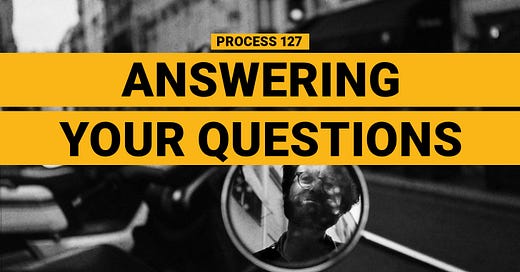

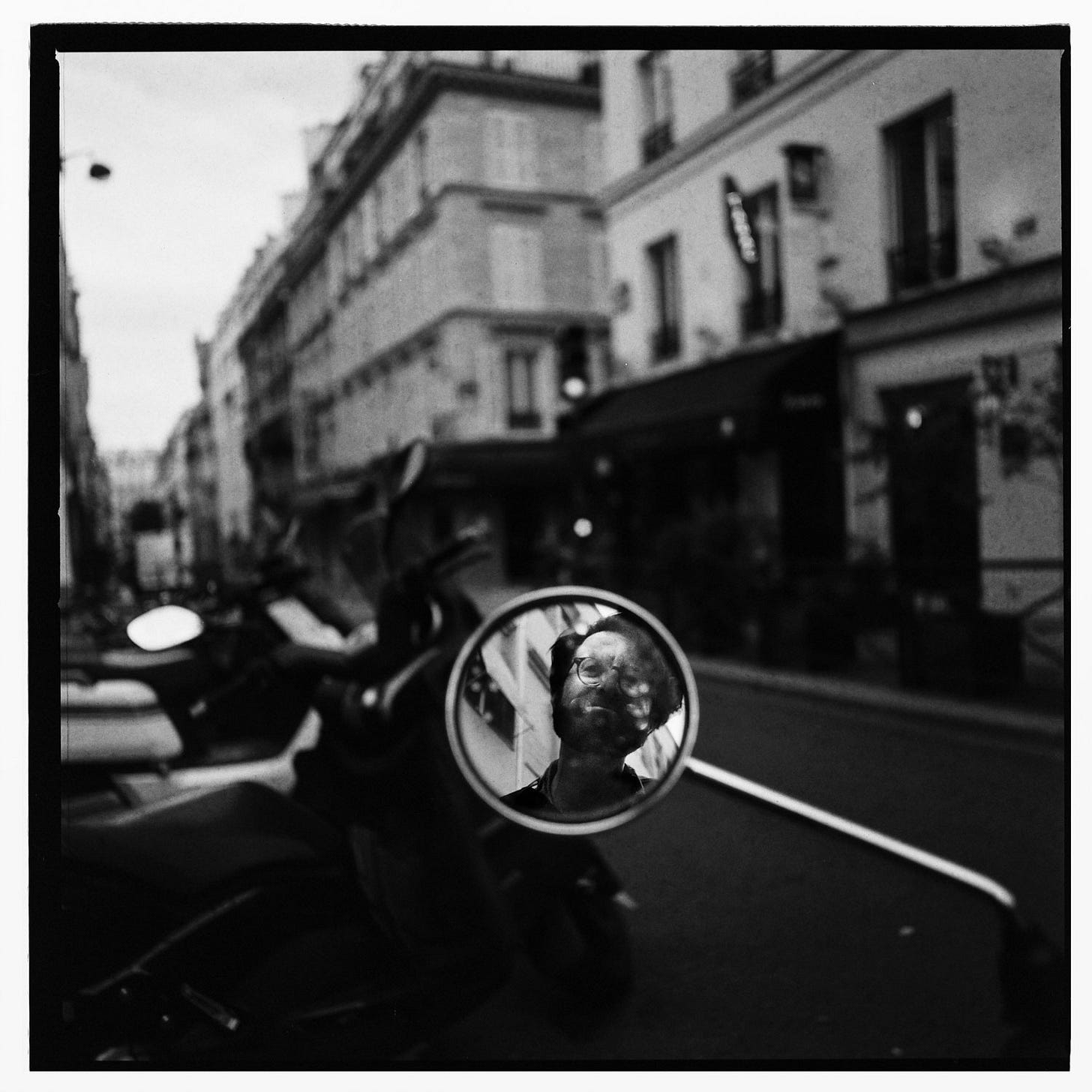
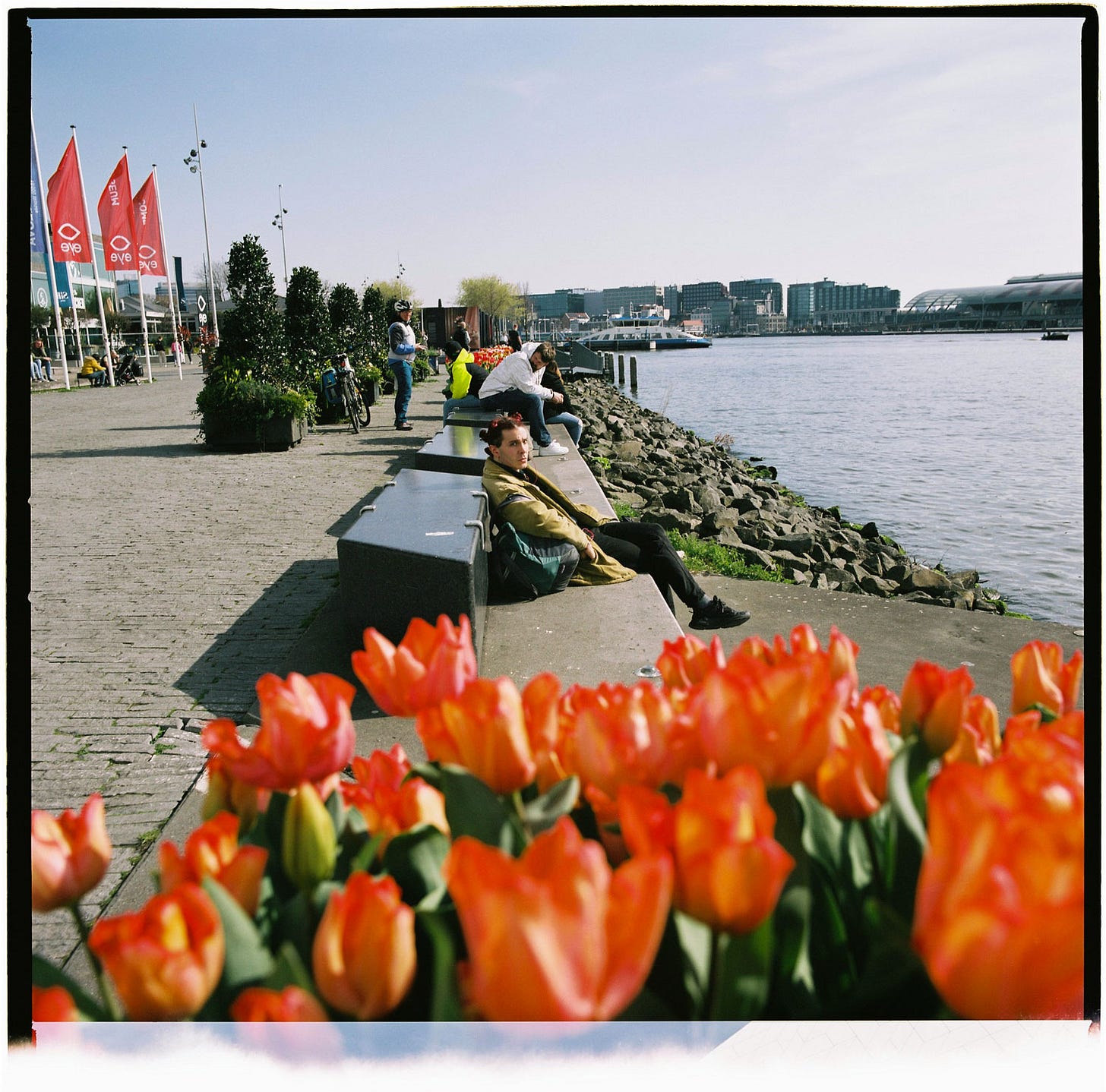
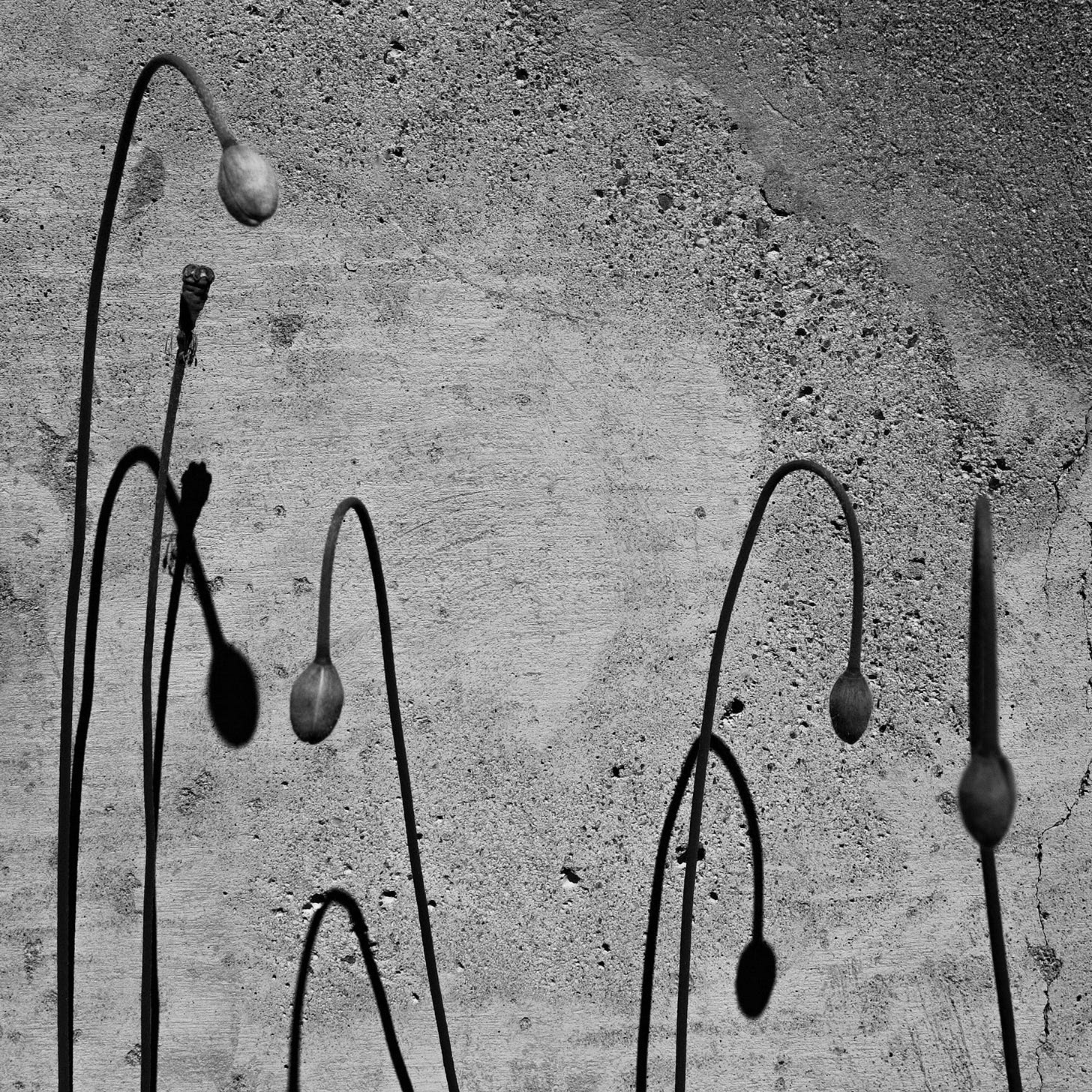
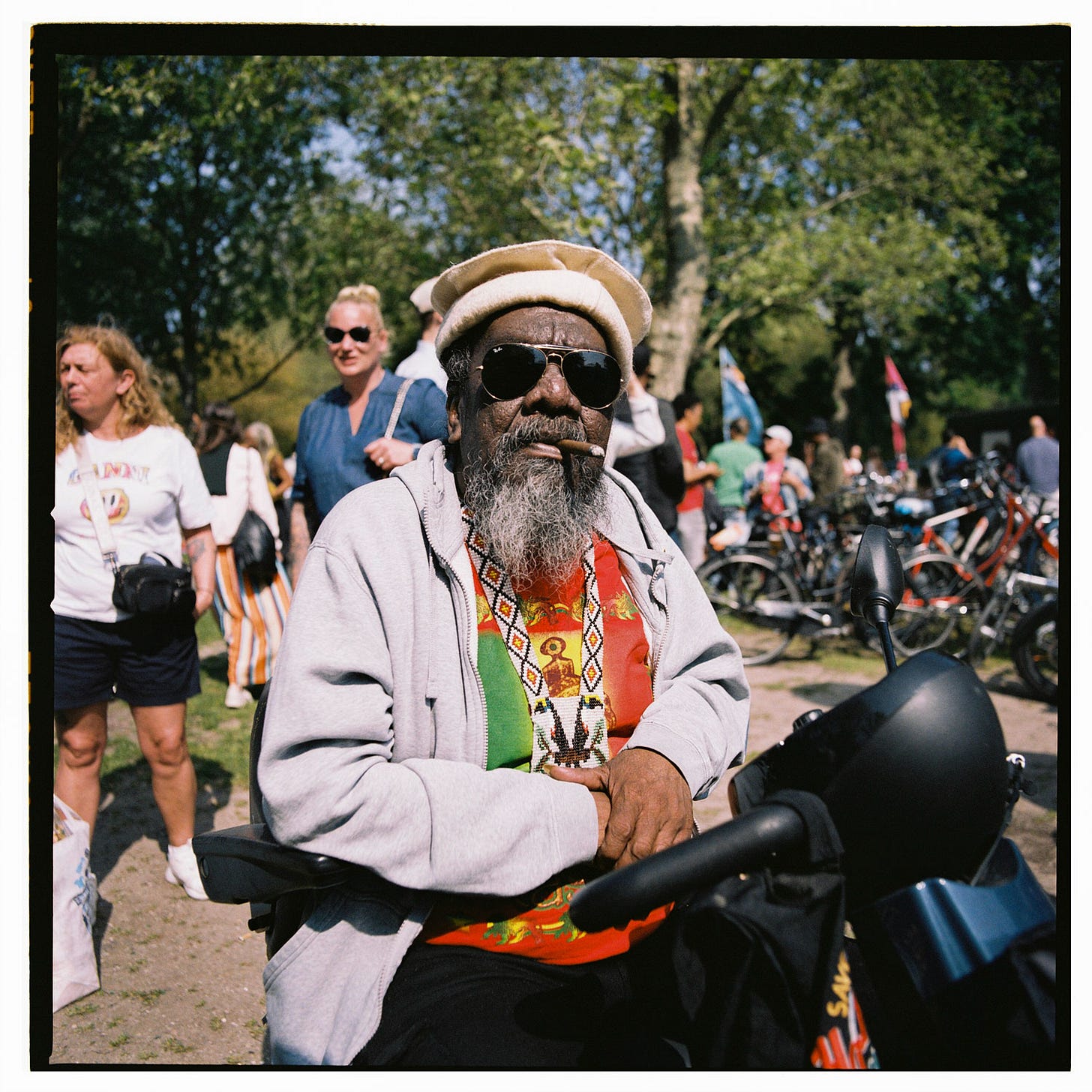
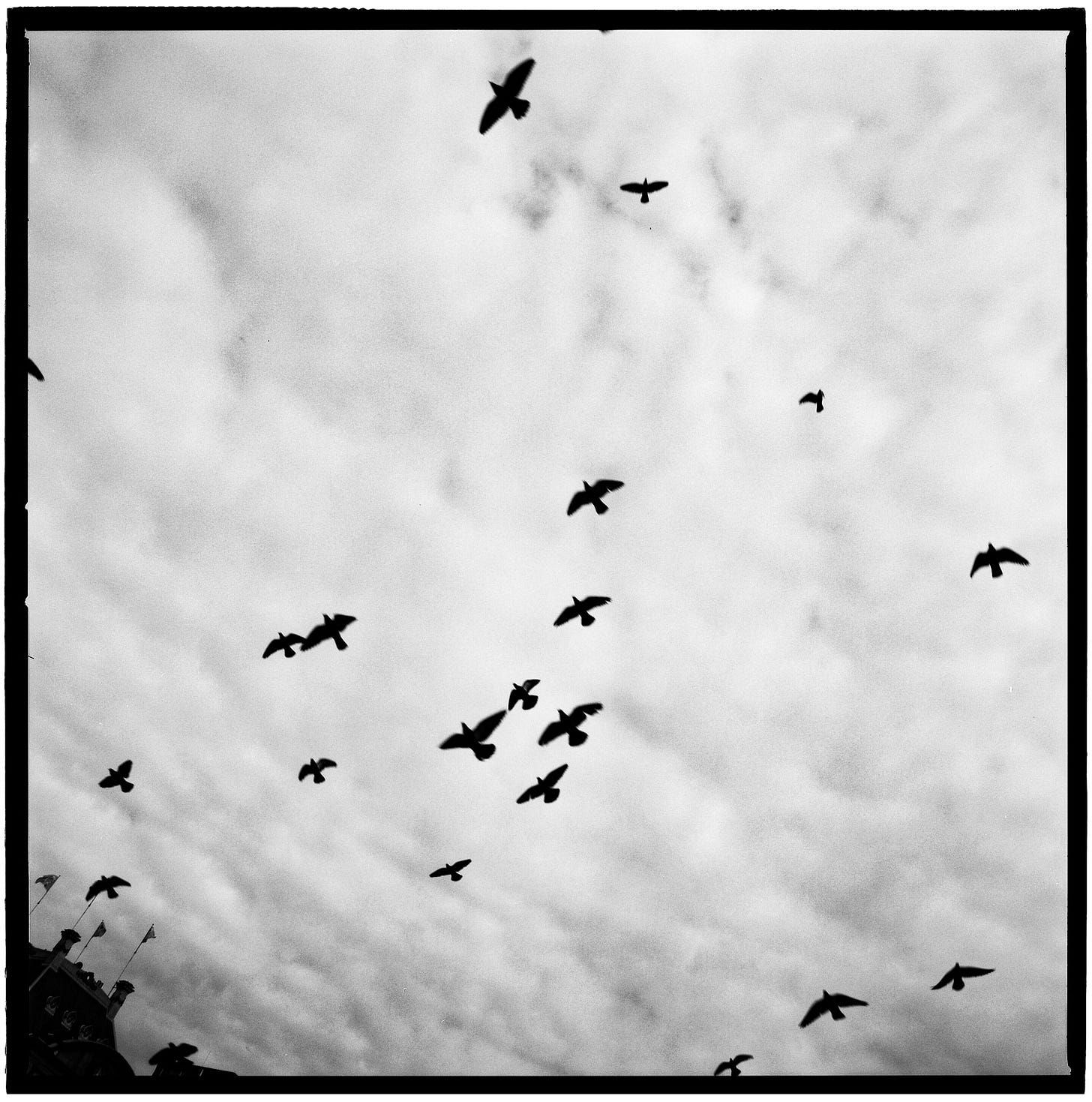
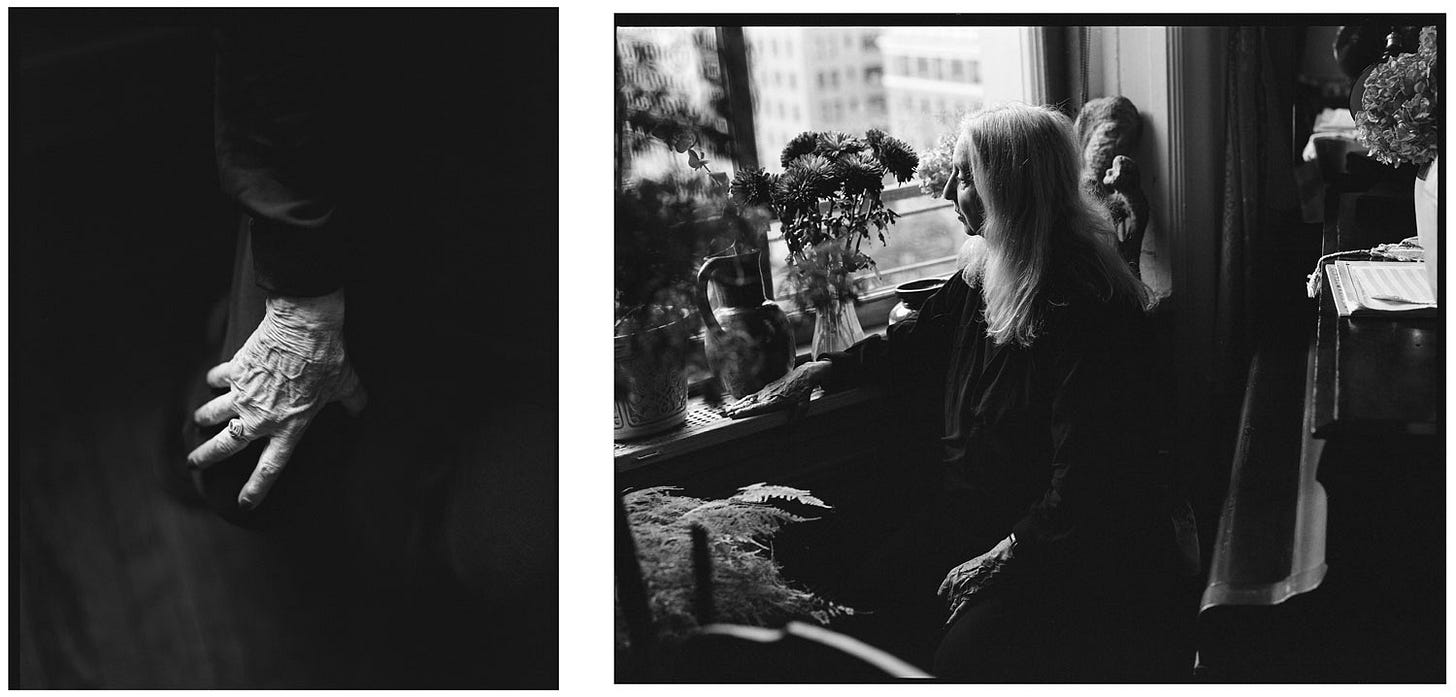
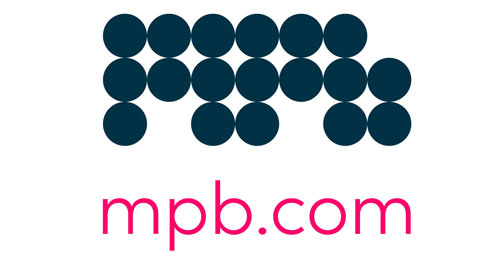

Great issue, enjoyed reading it! At the moment I'm trying to define (or even figure out prior to definition itself) what would be that one photograph that would summarize what I want to achieve and where to go with future photographic work.
Enjoyed this Q&A, thanks again mate. Thought I would give one more goal in the realm of photography for 2024 and that would be to expand my knowledge in some of the more technical aspects of the art, as I have no formal education just point and shoot.